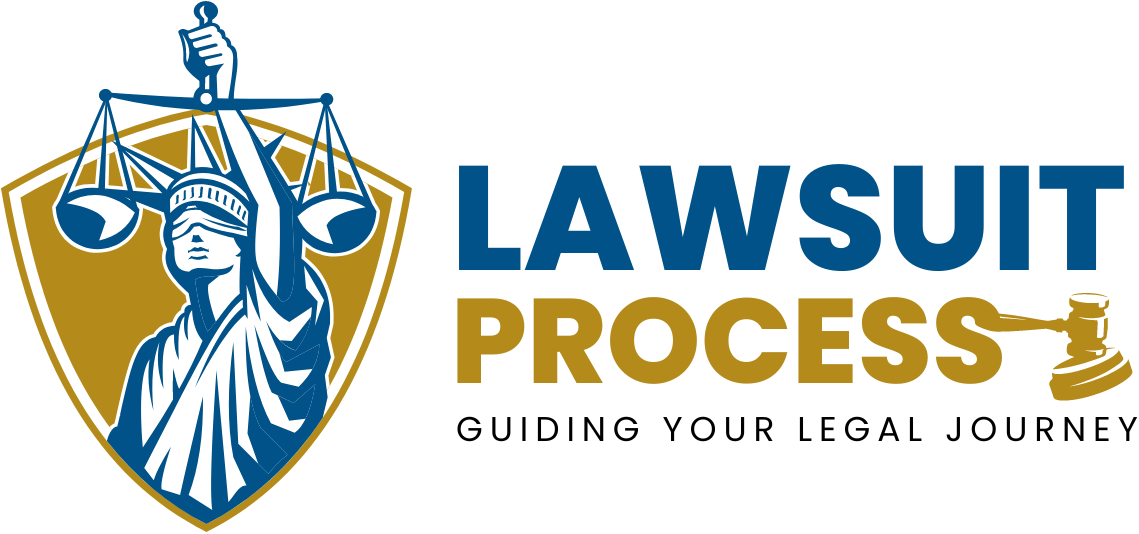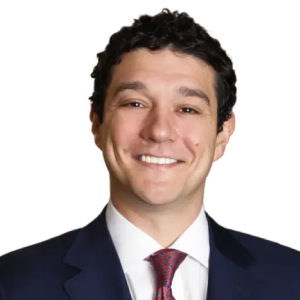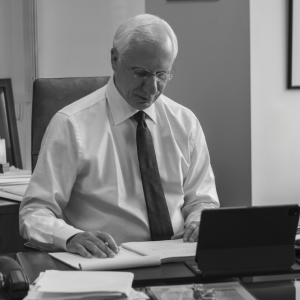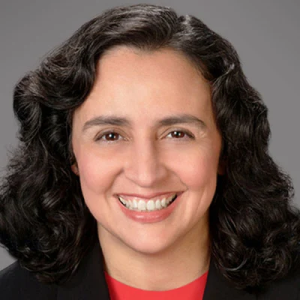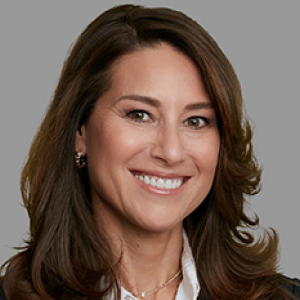Philip M. Berkowitz serves as the co-chair of the U.S. practice for Littler’s International Employment Law Practice Group and co-chair of the Financial Services Industry Group. He provides guidance to both multinational and domestic companies across various industries on employment-related issues. With extensive experience in advising global companies on U.S. and international employment practices as well as executive compensation, he represents employers in both individual and class action lawsuits and arbitrations, appearing in U.S. federal and state courts, administrative agencies, and international arbitration tribunals.
Philip oversees all regulatory aspects of employment law, which include:
- Compliance with equal employment and workplace regulations
- Employee benefits
- Executive compensation
- Employment agreements
- Restrictive covenants
- Trade secrets
- Non-compete agreements
His diverse client portfolio encompasses businesses in financial services, oil and gas, pharmaceuticals and chemicals, publishing, and fundraising.
As a recognized expert in international employment law, Philip conducts training sessions globally on labor and employment topics. He is a frequent speaker at events organized by the American Bar Association, the International Bar Association, the Japan Society, and other esteemed international organizations. Additionally, he is the founding chair of the Practising Law Institute’s (PLI) Annual International Employment Law Conference.
Prior to his current role, Philip was a partner and head of international employment law at a prominent full-service international law firm.
